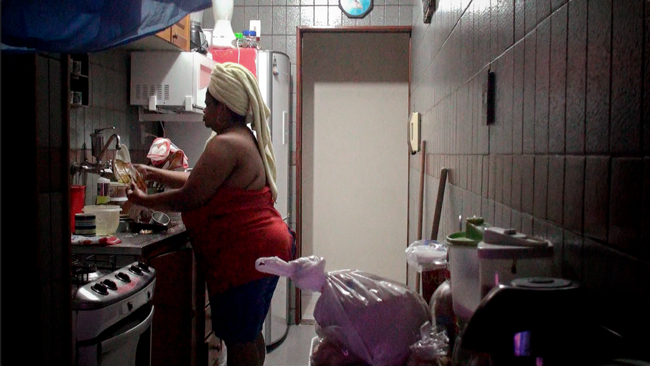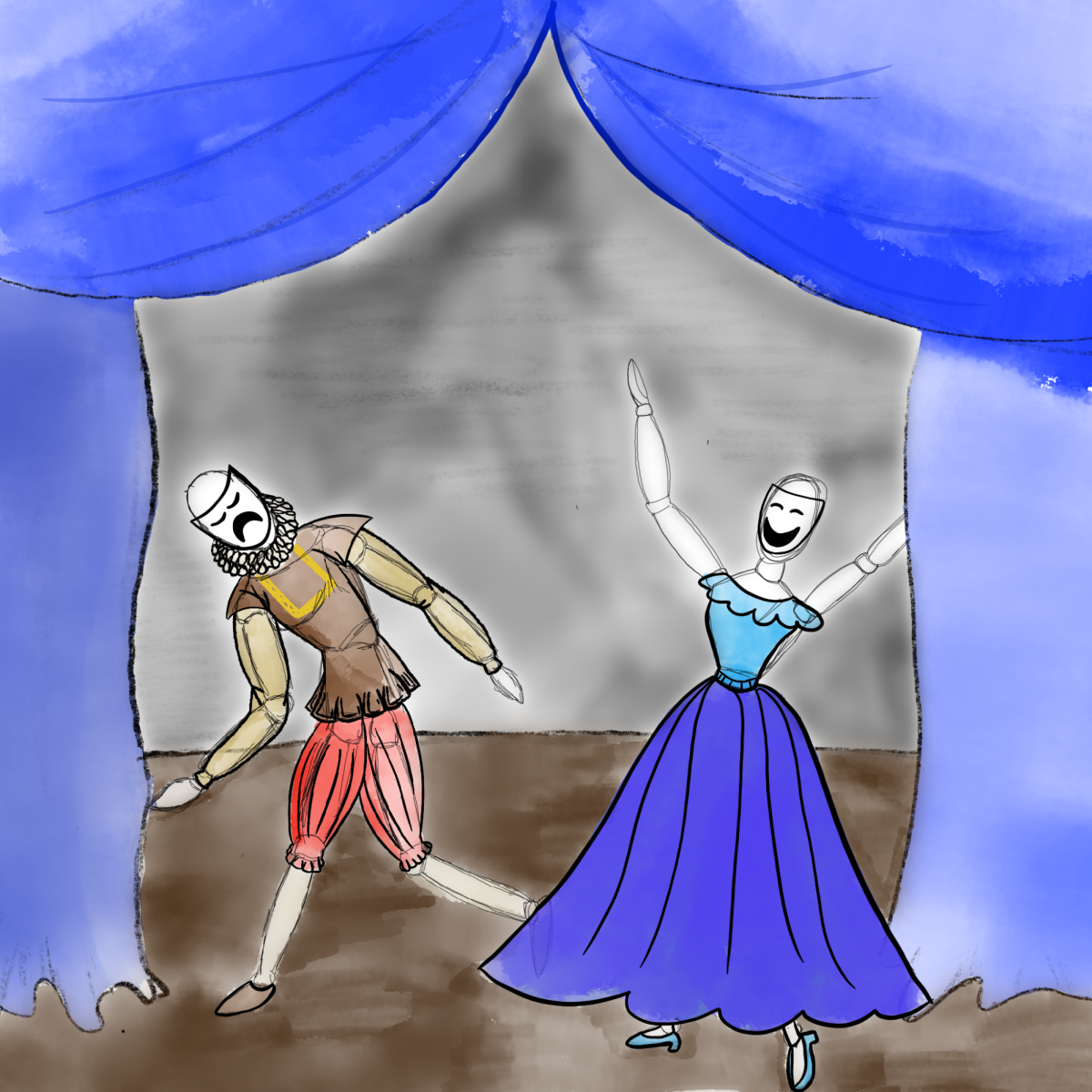Gabriel Mascaro is an installation artist, script writer and up-and-coming documentary filmmaker. He may not be well known in the United States, but his films and installations are popular in Brazil because they provide glimpses into the nature of life in the diverse country.
Mascaro’s films will be the first installment in the Latin American Filmmakers Series hosted by the Department of Spanish and Portuguese and the Brazil Center of LLILAS. On Monday, the center will show Mascaro’s “Ventos de Agosto” at the Marchesa Hall & Theatre, followed by a Tuesday screening of his documentary, “Doméstica,” at the Harry Ransom Center. Both screenings will end with a Q&A session.
The Austin Film Society will co-sponsor the first film screening. “Ventos de Agosto” follows the story of a young girl, her love interest, a hurricane and research of the sound of wind.
Mascaro is better known for his documentaries such as “Doméstica,” a film that captures the real-life perspectives of seven teenagers who filmed their housemaids. Brazil Center coordinator Carla Silva-Muhammad said the film was acquired as a permanent collection for the Benson Latin American Collection.
“It’s a clash of the way they perceive the domestic workers in their house and then the life of the doméstica really,” Silva-Muhammad said. “I think it is a perfect way of synchronizing both things.”
In addition to the film series, LLILAS will host a number of professors for their Faculty Book Talks. Sônia Roncador, associate professor in the Department of Spanish and Portuguese, will speak about her book, “Domestic Servants in Literature and Testimony in Brazil, 1889–1999,” for the series. The themes of “Doméstica” will tie into the discussion of her book.
“Gabriel Mascaro originally contacted Professor Sônia Roncador and sent her a link to his film because he knew of her book,” said Jason Borge, an associate professor in the Department of Spanish and Portuguese. “Now, the culmination of that relationship is that he is actually going to be at the book opening as a discussant.”
Roncador’s book focuses on how servitude was portrayed in Brazilian literature and journalism as a privileged sign of social or racial otherness following the abolishment of slavery in 1888.
“Too much of the time, domestic service is ‘invisible’ and maids themselves disrespected, underpaid and even abused,” Roncador said. “I want readers to develop a greater appreciation of the work they do.”
One of the main goals of the film series is to increase community outreach and expose films that would otherwise remain unseen.
“First of all, I’d just like them to develop an appreciation for Brazilian filmmaking in the 21st century,” Borge said. “Also to exhibit the talent and vitality of a new voice in Brazilian and Latin American film generally.”
In accordance with the series’ mission to showcase up-and-coming filmmakers, Mascaro was chosen to showcase his talent.
“Mascaro has been making film for a few years, but he’s not quite famous yet,” Borge said. “He’s really on the cusp of becoming a major filmmaker in Brazil.”





















